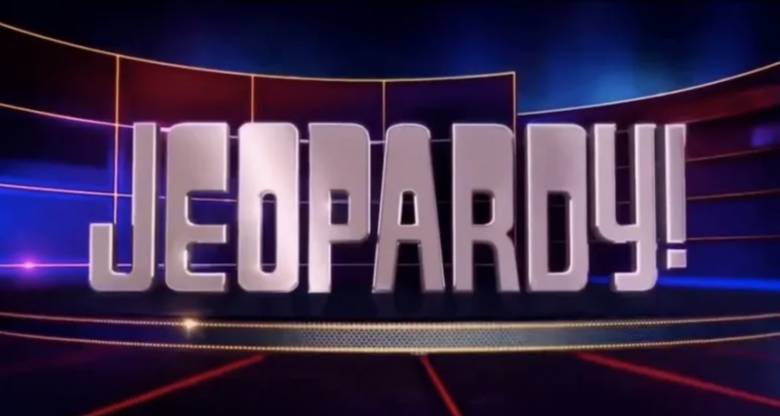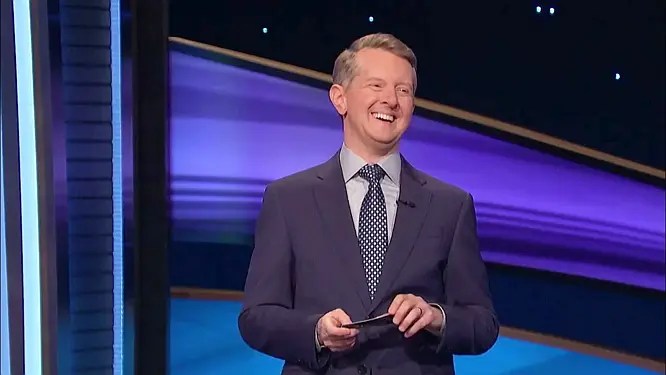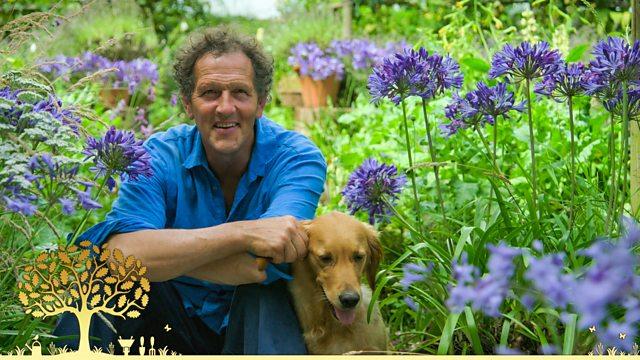How did you come to be part of this project and what interested you most on reading the scripts?
I was blown away by it. I wrote back to Hugo to say it was the most incredible thing I had ever read. The whole question of the treatment of indigenous people is coming up all over the world, with respect to the loss of language, culture, land.
Why do you think it is important to tell this story now?
What drama can do, particularly when it’s written by someone like Hugo – who writes in such a human way – is that you learn and sympathise more and more. I remember this phrase from a Native American who described seeing a white man tearing over the landscape in search of gold and described the gold as “the metal that makes the man mad”.
In terms of storytelling, what do you think is unique about The English?
I find it incredibly moving to be in a piece where all the Native Americans are played by Native Americans. Chaske is the real deal and it’s incredibly powerful. It gives me so much hope that they can recover more land as well as the acknowledgement of what ‘the English’/white folk have done to those people. It isn’t simply an adventure story – it’s a savage, tragic tale of love.
Can you tell us more about your character and what drives him?
It’s nice to be relieved of the responsibility of pretending to be an American. An Irish Sheriff is an authentic figure and I like that very much. My character has all the roughness and readiness of an Irish countryman, which is accurate because a lot of people from Northern Ireland went to the West and created a lot of the culture of that place.
Can you tell us about some of the locations you’ve been shooting in?
We had a wonderful location with a variety of landscapes. We didn’t have to travel a whole lot to get the variety that we needed. The setting here in Spain is glorious – it’s been unbelievable.
What is it about Hugo’s writing and directing style that makes his productions stand out from the rest?
I think Hugo could work on any location and any subject. What I love about him personally, is that he’s always looking for the bit of truth that actors can bring to the role. Only a great writer can do that. Tragedy is the hardest subject to do authentically and the truth of Eli and Cornelia’s love has the most staggering power. Once the writer can take on the tragic themes in that way, he has achieved real greatness. I do believe that is the case with Hugo. But then, there’s hope in it too because they have that love in the situation that they are in.
Could you describe your experience working with Chaske Spencer?
Chaske is a great actor. I watched him in a scene where he had very little to say, but there was so much strength coming from him, that I thought, “this man is a great actor and it’s time for him to emerge”.











